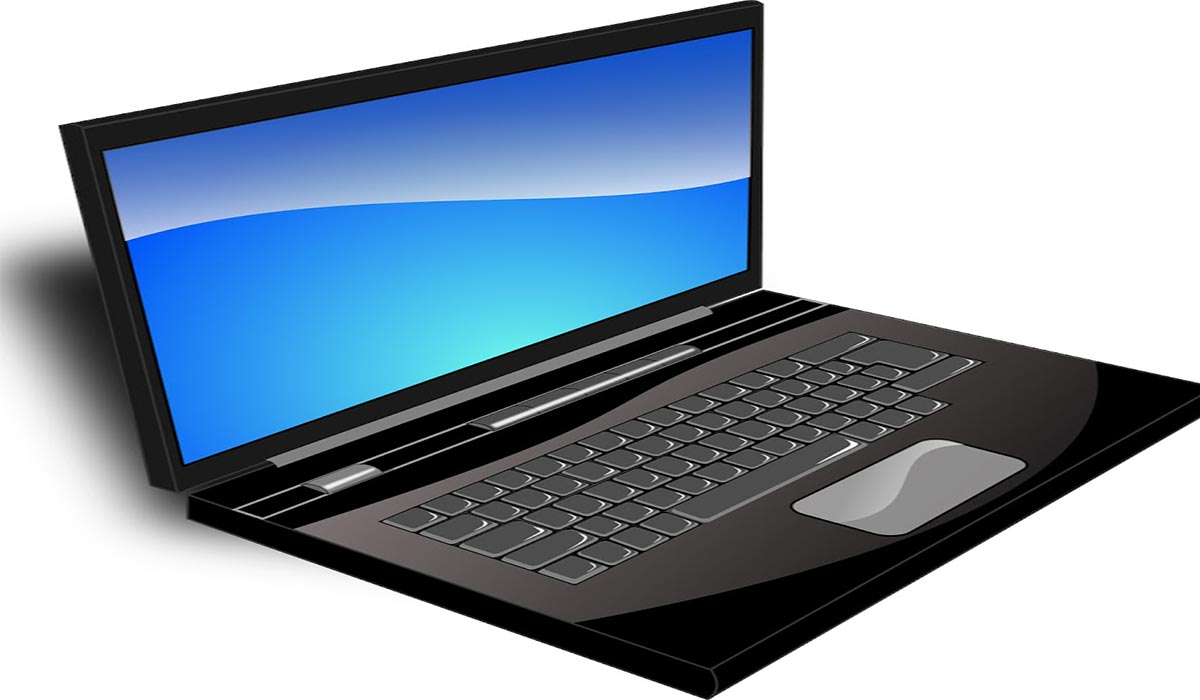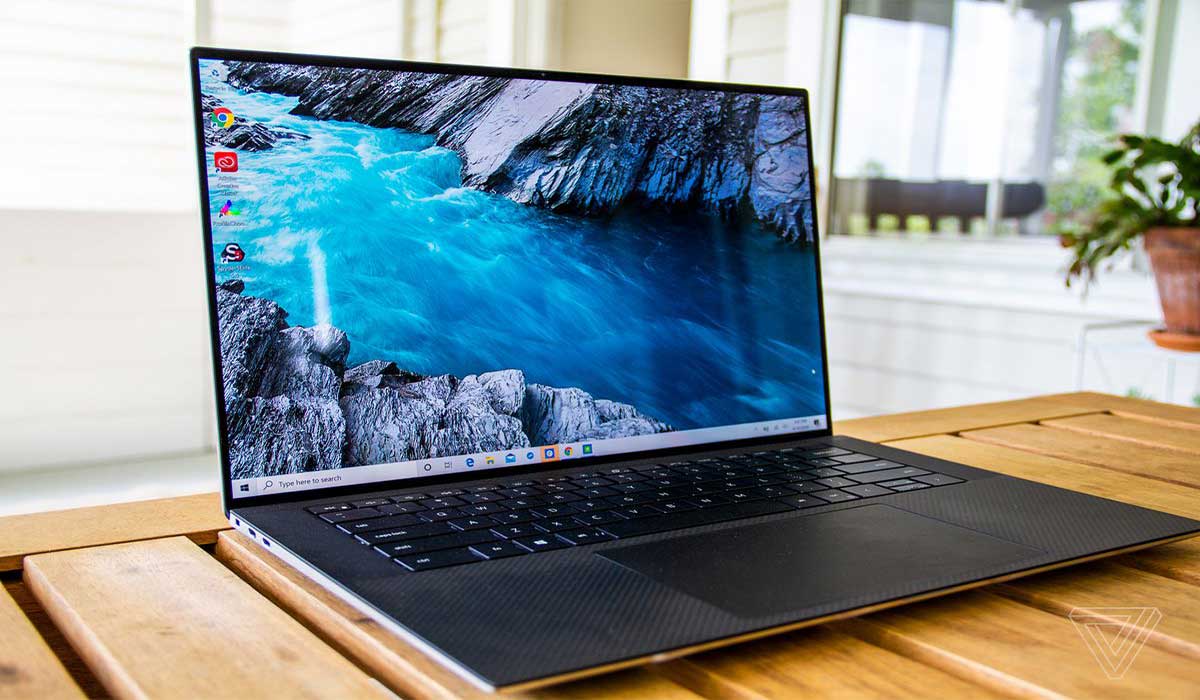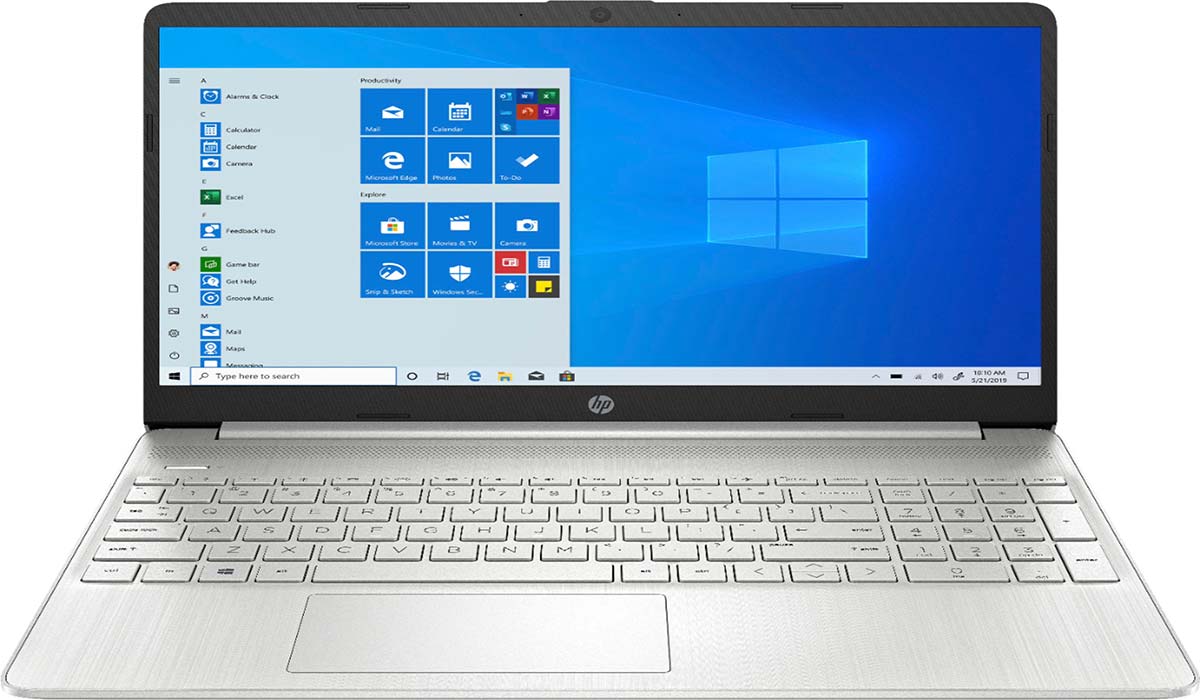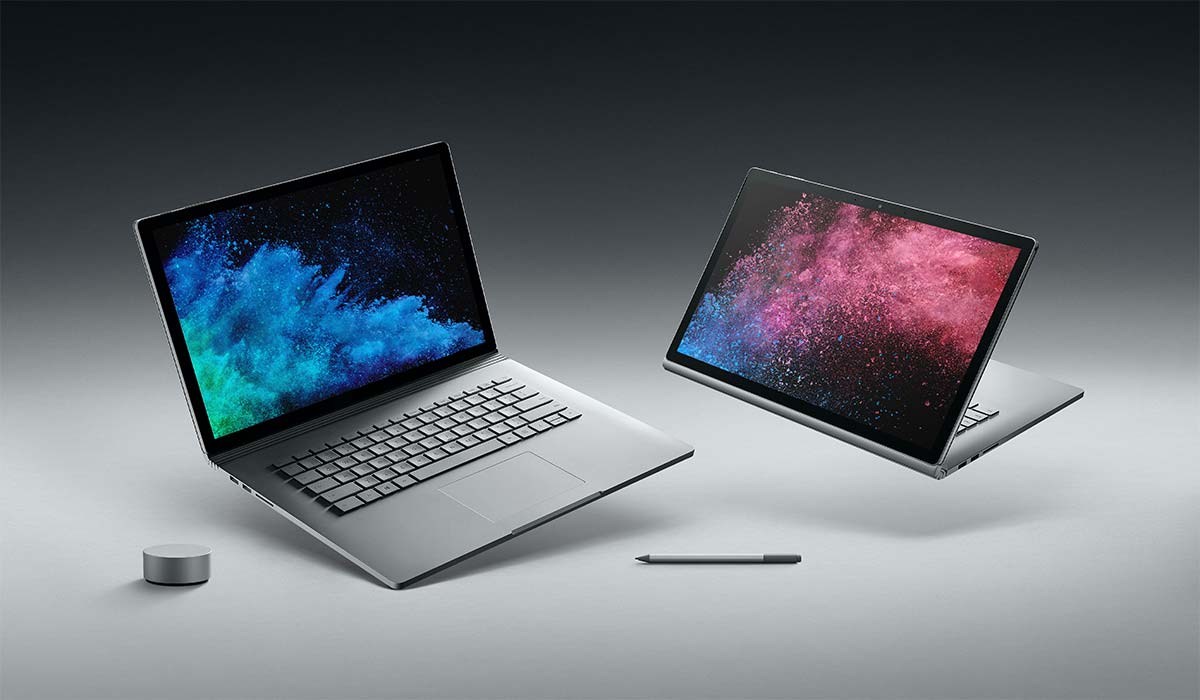5 Easy Ways to Stop Laptop from Booting Up Unexpectedly
Have you ever felt frustrated when your computer boots up instantly, disrupting what you were doing? Whether it’s accidental presses of keyboard keys or strange behaviors from auto updates and settings, unintended boot-ups can be annoying.
In this post, we’ll cover simple solutions you can implement to prevent your laptop from turning on without your permission.
Disable Fast Bootup in Windows Settings (Stop Laptop from Booting)
One common culprit is Fast Startup in Windows, which is designed to help your laptop resume from sleep and hibernate states more quickly. However, this can also cause it to boot up inadvertently from these modes.
Fast Startup works by continuing to run certain background processes even when the laptop is ostensibly turned off. This reduces the time it takes to restart, but means it may power on from sleep/hibernate at the slightest provocation.
To disable Fast Startup:
- Open the Control Panel and navigate to ‘Power Options’
- Select ‘Choose what the power buttons do’
- Uncheck ‘Turn on fast startup’
- Click Save Changes
Disabling this setting ensures your laptop fully powers down instead of using the hybrid shutdown behavior, reducing the chances of accidental boot-ups.
Ensure Sleep/Hibernate Modes Aren’t Triggered Accidentally
Another potential culprit is your laptop’s lid or case. If items are pressing keys on the closed keyboard, it can prematurely trigger sleep or hibernate modes when you don’t want it to.
To address this:
- Empty your keyboard of any loose items before closing the laptop
- Consider disabling sleep/hibernate modes entirely if they consistently cause unwanted boot behavior
- Use a laptop sleeve or case designed to prevent accidental presses when transporting your laptop
You can also disable sleep/hibernate triggers in Power Options by adjusting what closing the lid does – or disabling that function completely if it’s an annoyance. Taking these precautions prevents accidental triggering of low-power modes that may lead to unplanned boot-ups later on.
Adjust Power Button Settings for More Control
Did you know laptop power buttons have advanced settings beyond a basic on/off switch? By accessing your computer’s UEFI/BIOS interface, you can reconfigure what pressing the power button does.
The steps to access this vary by laptop manufacturer, but generally involve pressing a key like Delete, F2 or ESC during early startup to enter the BIOS screen. Then look for an option called “Power Button Configuration” or similar.
This lets you set the button to perform actions like:
- Turn on/off only
- Toggle sleep/hibernate modes
- Do nothing (ignore presses)
Adjusting it to turn on/off exclusively gives you full control over booting up or shutting down the laptop manually.
Prevent Automatic Software Updates from Restarting the Computer
Left to run on their own, Windows updates can sometimes trigger an unexpected reboot – pulling your laptop out of sleep or hibernate state without permission.
To stop this, you need to pause the update schedule:
- Go to Settings > Update & Security > Windows Update
- Click “Pause updates for 7 days”
- This will delay any automatic restarts until you resume updates manually
You can then install pending updates at your convenience without them disrupting your workflow unexpectedly in the meantime.
FAQs about stop laptop from booting
Battery problems. Hardware failure. Screen malfunctions. Software or operating system errors.
Using Windows settings
Go to “Update & Security” > “Windows Update.” Click on “Advanced options.” Under “Pause updates,” toggle the switch to enable “Pause until” and set a date in the future. Finally, under “Restart options” toggle the switch to disable “Automatically restart.”
- Press down on the Ctrl+ Alt+ Del keys at the same time to bring up the Lock screen.
- In the bottom right hand corner, click on the Power icon. A small window will appear giving options.
- Select Restart to restart the computer. Restarting should solve most problems.
- Power on your laptop and immediately press the F2 key repeatedly until the BIOS setup screen appears.
- Navigate to the ‘Boot’ tab.
- Make sure that your primary HDD/SSD where Windows is installed is set as the first boot option.
- Save the changes and exit the BIOS
Conclusion about stop laptop from booting
In summary, a few small tweaks to your power settings, keyboard inputs, and update behavior can go a long way in preventing that unwanted laptop boot up. By understanding causes like fast startup, accidental triggers, and scheduled reboots.
You gain more control over when your computer powers on versus unintended scenarios. I hope these tips help you better stop laptop from booting unless you initiate it yourself!



